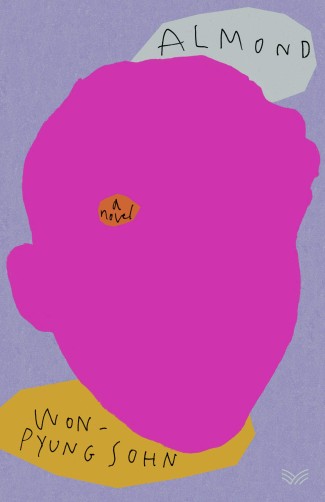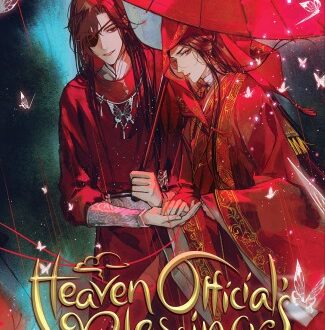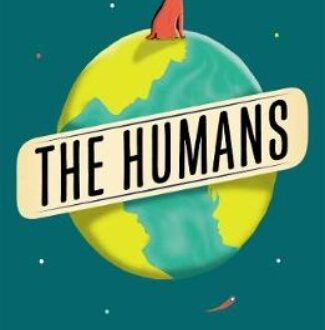Almond by Won-pyung Sohn
The debut novel of Korean author Won-pyung Sohn and translated by Sandy Joosun Lee, Almond it is a story about monsters. What is a monster and who gets to decide when someone is a one? In a world where monsters roam, things are not as simple as they appear – even the idea of the monster itself. These issues are at the core of Almond and Sohn has dealt with them beautifully. Through Lee’s translation, the author’s words are preserved with clarity and precision and all events in the book are described with perfect balance.
However talking about monsters comes at a price. Almond contains its fair share of gore and death. There are violent attacks and beatings – some resulting in death. A child is also lost and found. While nothing is expressed in too much detail, their presence remains. If these topics would be triggering for you, tread carefully. Almond is a breathtaking book, but not at the cost of your mental health.
The Story

Almond is the story of an adolescent boy named Yunjae. He was born with a brain condition called Alexithymia, an illness that makes it difficult for him to feel emotions. Because of his condition, he doesn’t have friends, but he is able to live contently enough with his grandmother and mother. However, tragedy strikes on Christmas Eve, Yunjae’s sixteenth birthday, when a freak accident changes his life forever.
Unable to properly process what he has experienced, Yunjae simply goes back to school and acts as he always has – until transfer student Gon joins his class. Gon, though violent, has his own difficulties and soon Yunjae finds himself curious about the angry boy and they eventually become friends.
Through Gon’s friendship, Yunjae finds the world opening up around him in ways he had never imagined. And when Gon gets into trouble, it is Yunjae who has to break through his own limitations and save his friend.
Being Normal
What does it mean to be normal? This is a question that is continuously asked throughout Almond. From a young age, Yunjae’s mother worked hard to teach him to be normal. When he was a child, he was ostracized for not being what others felt was normal. Yet the definition of “normal” is never actually made clear. Nobody is able to clearly explain to Yunjae what being normal actually means. There is a simple truth to this – there is no such thing as being normal. Sure, there are societal expectations. People assume that when a close family member dies, that the affected person will cry. Yet there are many people who grieve in different ways. People think in a lot of different ways. We are limitless after all.
Yunjae is our guide throughout. In failing to meet society’s social standards, he teaches us a lot. One does not have to be “normal” to live a fruitful and content life and it doesn’t mean you’re a monster. Throughout the novel, he proves this over and over again. Both Gon and Yunjae are treated like monsters in Almond, even treating each other as such, but are they really so different from the people who have labelled them? These are the questions we must think about while we are reading.
The Translation
Without fluency in Korean, it is hard to accurately judge the translation of this novel – judging it from a technical perspective surely isn’t possible. However, there is still a lot that can be said about it. For one, the prose was thoroughly enjoyable. Despite the Korean setting, there is not a moment that the reader is pulled from Yunjae and his experience due to lack of knowledge. This is aided by the story, yes, but also by the smooth translation. Despite his apparent lack of emotions, Yunjae’s dialogue is also engaging and brings a lot of enjoyment to the reader. The contrast between his speech and that of Gon is also extraordinarily clear. It makes reading the book a real pleasure.
Almond is also fortunate enough to have a translator’s note. From this, we know that even the translator herself points out that keeping Yunjae’s dialogue fresh and engaging was a major concern. How he interacts with other characters was certainly a part of that. Despite his lack of understanding of emotions, he reads a lot. Therefore it is obvious that he would have an extensive vocabulary – and that was perfectly clear throughout the book. Yunjae remained articulate despite his differences and was able to express himself with suitable language. This must have been a huge task to overcome and the translator clearly put a lot of work into it. She did a really wonderful job.
In Conclusion
Almond says a lot about society and lays bare our deepest fault – our innate ability to stereotype individuals based on arbitrary beliefs. However, it also shows the kindness that humans are capable of. Almond forces us to consider everything that we know about the world and our views. Won-pyung Sohn’s world is the world that we all live in, but is not one that we are all willing to recognize. We could only wish that we were all as committed as Yunjae to figuring out the human condition. Overall, an extremely thought-provoking read. Really hope to see more from this author and translator in English.





2 Comments
Mercedez
I really enjoyed this review. I’ve been looking for a gateway book into Korean lit, and honestly, this might just be the book I try out first! Thank you so much for a thoughtful review: I can’t wait to pick up a copy of Almond!
Taylor Drew
I’m glad you liked it and hope you enjoy it as much as I did!